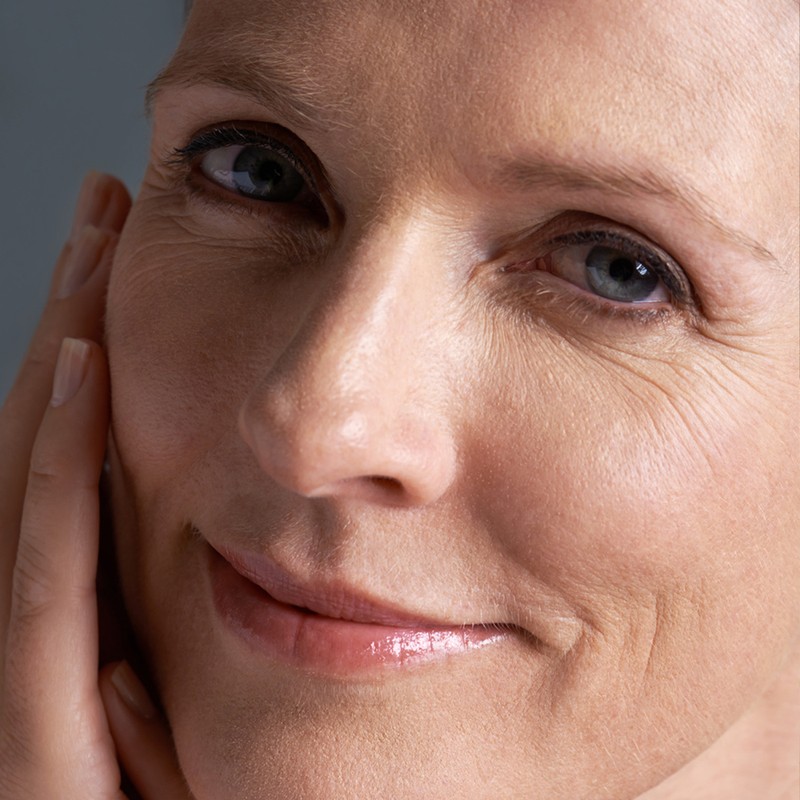
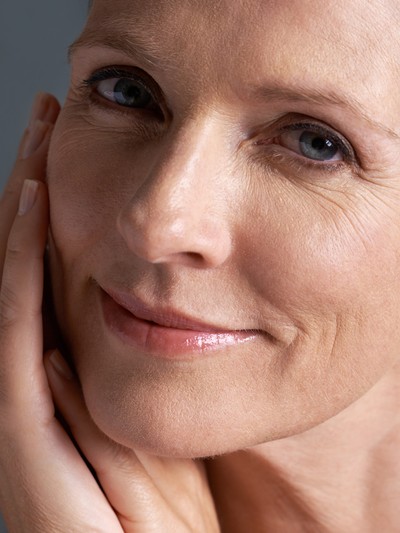
A Guide For Post-Menopausal Skin
Firstly, Understand The Impact
“The menopause causes a drastic change in our hormone levels and this directly impacts both our hair and skin. Commonly, post-menopausal women will notice their skin becomes thinner and loses its bounce and volume. The unbalancing of our hormones can also cause breakouts and, for some, acne too. This is all down to our plummeting oestrogen levels – typically oestrogen helps us build collagen and it keeps us hydrated and smooth. As levels decrease, so do our natural moisture levels, which is why you’ll find your skin becomes drier and tighter.” – Emma Wedgwood, aesthetic nurse & founder of Emma Wedgwood Aesthetics
Boost Your Hyaluronic Intake
“As well as a loss of collagen, our skin loses its ability to produce hyaluronic acid (HA) post-menopause. In fact, some studies suggest we lose up to 40% of it as we go through the menopause. This is key because HA has so many useful functions. It helps to boost collagen and it seals moisture into the skin to prevent feelings of tightness and dryness. I recommend using a serum loaded with this key ingredient. My biggest tip is to apply it onto damp skin, then layer on a light moisturiser on top. This will seal in a further layer of hydration and calm post-menopausal inflammation while giving your complexion a dewy bounce.” – Dr Justine Hextall, consultant dermatologist
Know That Prevention Is Best
“Prevention is always better than cure, which is why you should begin tweaking your routine as soon as you see changes in your complexion. Updating your skincare to reflect your skin’s needs is essential to maintaining good skin health. If you commit to a good skin routine earlier on, you will help to boost your collagen and elastin production. The reason this is important is you then build a bank of crucial compounds which you’ll need when you reach post-menopause. They are the secret to better glow and bounce.” – Emma
Use Fatty Ingredients
“As well as HA, post-menopause, we lose some of the fats in our skin that seal our skin’s barrier with moisture. This includes ceramides which act as a ‘cement,’ surrounding the bricks of our skin’s barrier. As we lose these fats, our complexion becomes dry and its ability to retain water reduces. It also causes sensitivity and redness. To counteract the problem, use moisturisers with ingredients that are similar to skin barrier fats, including ceramides and shea butter. You’ll find these in brand’s like CeraVe and La Roche-Posay. I also recommend the Triple Lipid Cream by SkinCeuticals which has been designed to replace fats and oils lost post-menopause. It’s so quenching and feels amazing on dry skin.” – Dr Justine
Take A Gentle Approach
“The menopause is known to thin the skin, as well as dry it out, so post-menopause it’s advisable to avoid harsh exfoliants – both chemical and physical. These can damage your skin and further compromise its barrier. It’s important to take a gentle approach and choose products that won’t further dry it out. Soaps and cleansers with artificial fragrances and dyes are a real no-go, as they will zap your skin of moisture. As exfoliators go, I only recommend lactic acid which is known to swiftly rid dead skin cells without causing any inflammation – look out for this ingredient in any cleansers you use.” – Dr Justine
Look Out For Rosacea
“Rosacea is a really common skin complaint I see post-menopause. If you think you’re suffering with this, it’s important to get an expert diagnosis as, often, those suffering confuse it with acne and suffocate their skin with retinoids. The latter will only worsen the condition, so you need to take a tailored approach. If in doubt, hydrate it out – menopausal skin needs moisture first and foremost and will only tolerate other treatments if in a healthy condition. Physical therapies such as LED light, chemical peels and IPL laser can be helpful in rejuvenating your skin, but always seek advice first.” – Emma
Take It Back To Basics
“If you’re really struggling with your skin post menopause, take it back to basics. A simple routine is often best – all you need is a cleanser, lots of moisturiser and an SPF to keep you protected. Stick to formulas that use ceramides, glycerin and hyaluronic acid and only ever wash your skin with lukewarm water – hot water will just cause redness and more inflammation. If you feel you can tolerate it, a retinol-based night cream may help to kick your skin back into gear. Only use one if you feel you can tolerate it though. It’s not just your face either, stick to a routine for your body too and bathe in emollient-rich lotions to seal in extra hydration.” – Dr Justine
Protect Against Pigmentation
“Oestrogen doesn’t just protect our collagen levels; it also protects against free radical damage – the type that causes pigmentation. It’s why post menopause you’ll often find you suffer more from dark patches. It’s also known that HRT in combination with UV can trigger pigmentation on the face, but also on the body. This is why it’s essential you use a good sunblock, but also topical antioxidants like vitamin C. I recommend UVMUNE 400 by La Roche-Posay and SkinCeuticals C E Ferulic Serum. The latter is expensive, but so worth it for the results you see. There is also evidence tranexamic acid – a new ingredient to note – is proven to lessen the appearance of pigmentation, as well as liquorice, kojic acid and niacinamide, so keep your eyes peeled for these ingredients on any skincare you use.” – Dr Justine
Don’t Be Afraid To Seek Help
“Not seeking advice is one of the biggest mistakes you can make post menopause. If you’re experiencing changes or issues with your skin, you’re not alone and a quick chat with your GP, pharmacist or dermatologist can go a long way in alleviating any concerns and issues. They will be able to advise you of any necessary tweaks – if any – to make to your routine. They will also shine a light on formulas you should be using. Many of us stick with the same skincare post menopause as we were using beforehand – this is a big mistake. Our skin goes through such a rapid change that some ingredients you previously tolerated may no longer be right for you. Treat your complexion as if it’s brand new because, essentially, it is.” – Emma
Finally, Consider Certain Treatments
“Post menopause, some treatments stand out more than others. I advise looking for those that can help to even out your skin tone such as peels, followed by those than can re-introduce hyaluronic acid into your skin. The latter includes treatments like Profhilo and Revive skin boosters. Finally, look for treatments that boost collagen, too. I rate PRP – platelet rich plasma therapy – and IPL. These types of treatments help to reverse common skin changes that come with the menopause and they will be the most beneficial in boosting your skin while giving natural results.” – Dr Justine
Shop The Experts' Picks For A Post-Menopausal Routine
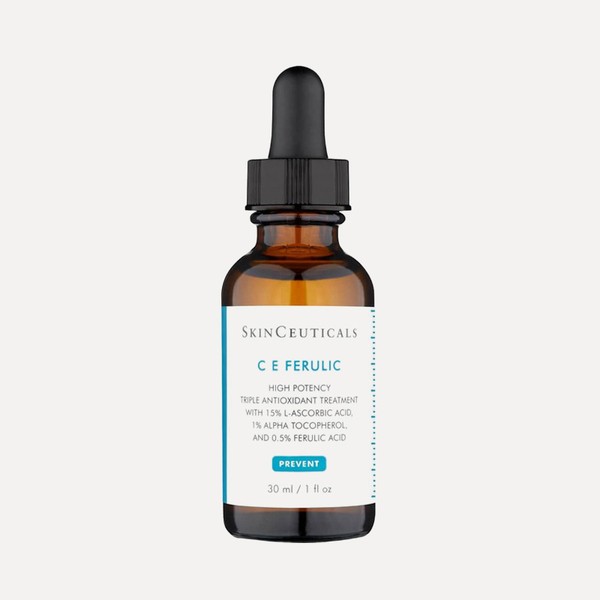
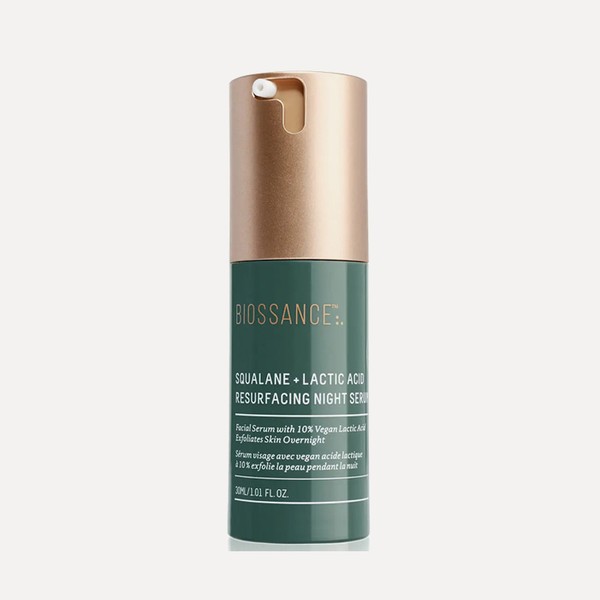
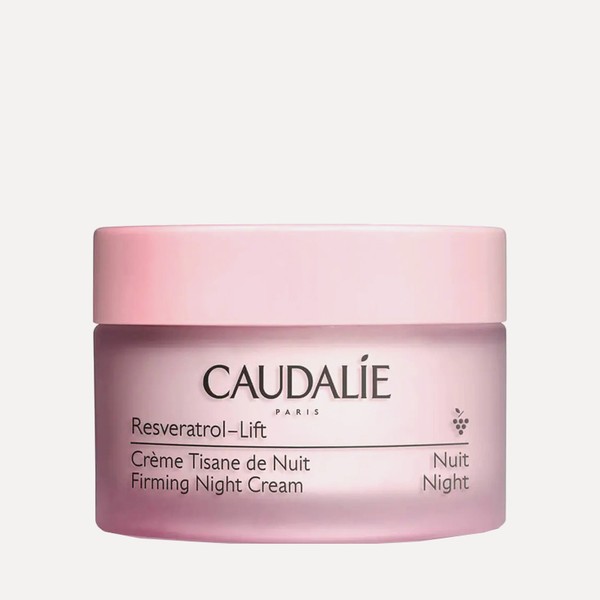
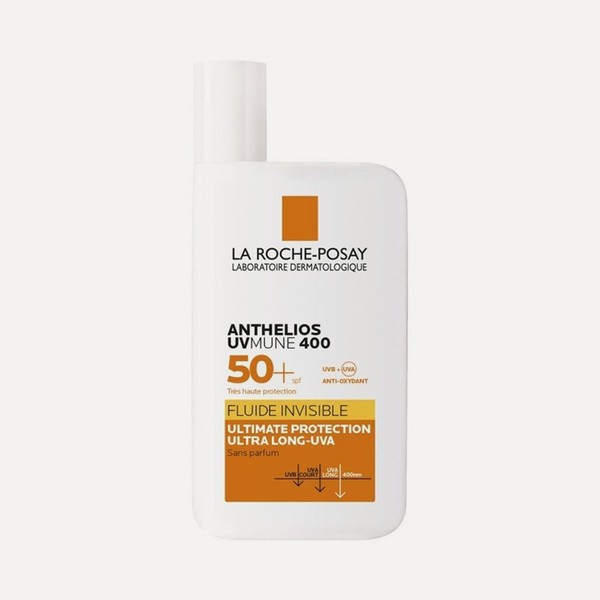
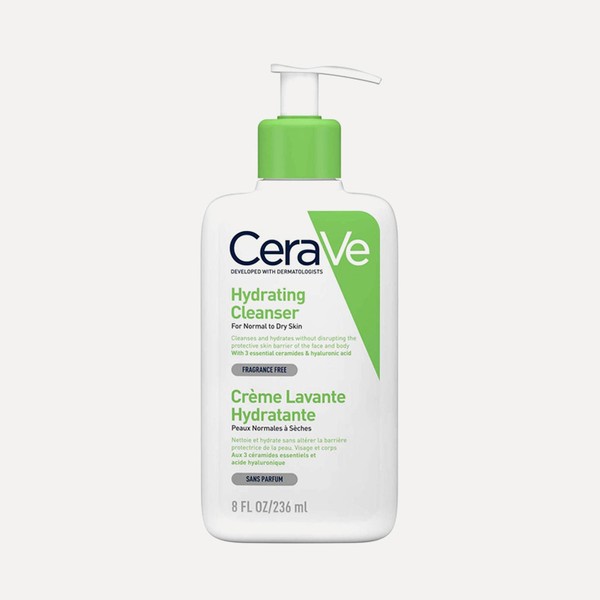
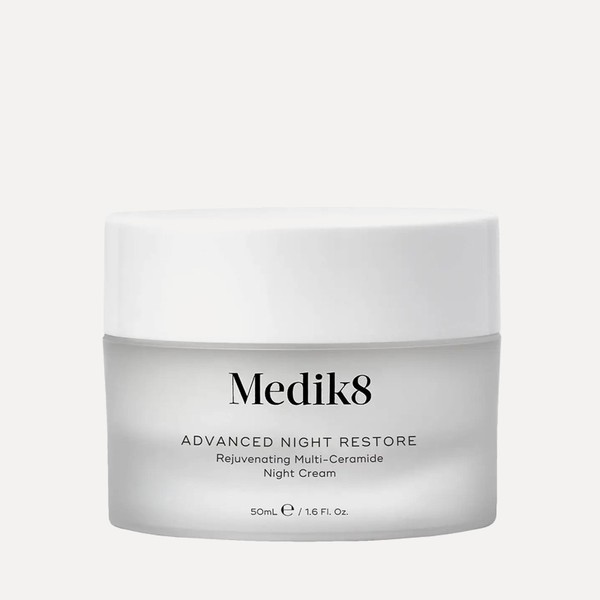
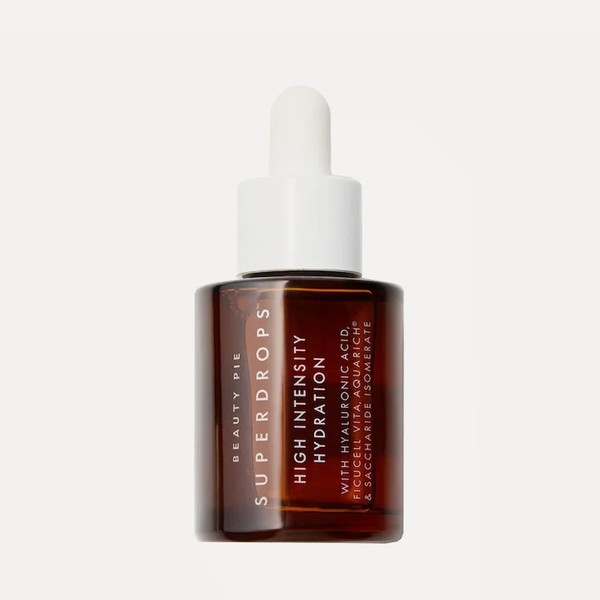
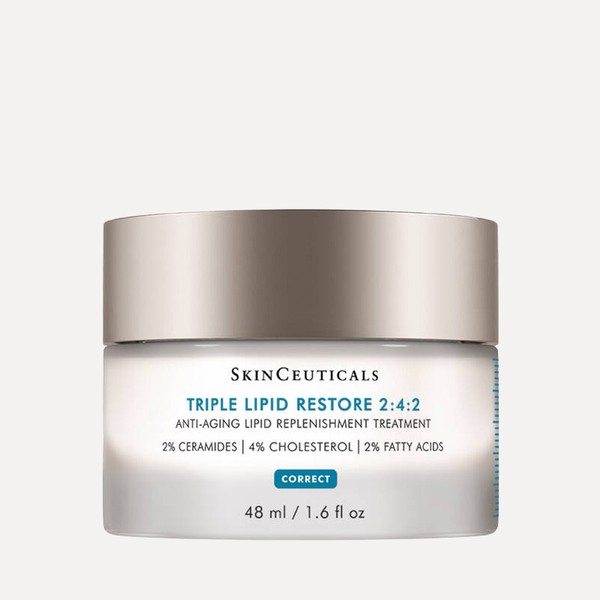
DISCLAIMER: We endeavour to always credit the correct original source of every image we use. If you think a credit may be incorrect, please contact us at info@sheerluxe.com.

